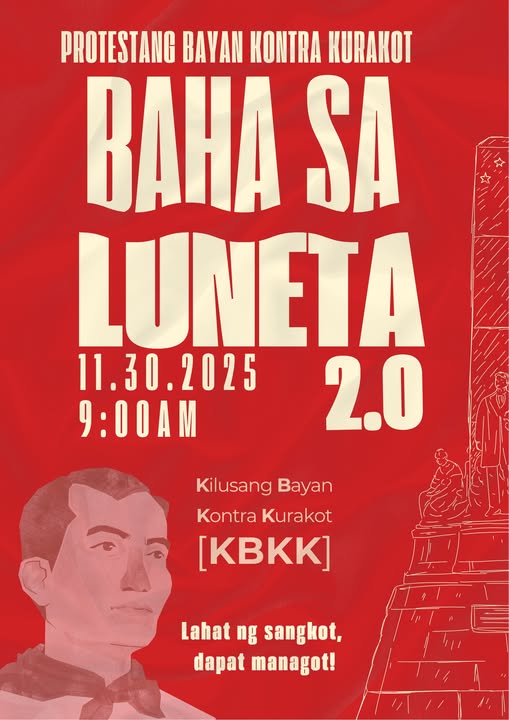Finance Secretary Ralph Recto said on Monday, August 5, that the Philippines incurred higher outstanding debt due to the pandemic-related borrowings inherited from the Duterte administration.
In his presentation at the deliberations of the P6.352 trillion proposed budget for 2024 at the House of Representatives,
“It is also important to note that while we are making these investments, we’re also paying off the pandemic borrowings we inherited from the past administration,” Recto said.
In 2019, prior to the pandemic, the Philippines had achieved its lowest debt-to-GDP ratio with a total nominal debt of P7.7 trillion.
However, this figure nearly doubled to around P13.4 trillion by the end of the Covid-19 pandemic, just as the Marcos Jr. administration took office.
Recto added that the higher borrowing costs resulting from global geopolitical tensions further increased the country’s debt.
“Because of all these geopolitical tensions, the cost of our borrowing has climbed post-pandemic, as central banks have raised their interest rates to combat inflation,” Recto said.
As a result, the government is now refinancing large borrowings contracted during the low-interest rate period of 2020 to 2022 with new debts at higher interest rates. This shift has led to an anticipated 11 percent increase in interest payments for the upcoming year.
Despite these challenges, Recto told the public not to be alarmed by the rising debt figures. He emphasized the importance of evaluating debt in the context of the country’s economic capacity rather than its absolute size.
“We should not be alarmed by this, because the debt of a country should not be measured just by looking at its actual size. It’s better to compare it with the country’s economy because this is how we determine its ability to pay the loan, and one of the correct ways to measure is through the debt-to-GDP ratio,” Recto explained.
Recto said the debt-to-GDP ratio provides a more accurate picture of fiscal health. While the country’s debt is steadily increasing, the Finance Secretary said the economy is “also growing even stronger.”
“(W)e can pay our obligations. If you would take a look at the Philippines’ debt-to-GDP ratio, we have started bringing it down from 60.9 percent in 2022, it’s now down to 60.1 percent in 2023, and we are determined to continue pushing it below 60 percent,” he said.
Earlier, the House of Representatives began its review of the PHP 6.352 trillion proposed national budget for 2025 at the committee stage, with Speaker Ferdinand Martin Romualdez chairing the initial hearing.
The House Committee on Appropriations commenced its session with a presentation from the Development Budget Coordination Committee (DBCC) on its economic outlook and budgetary policies.
The DBCC, which includes the Department of Finance (headed by Recto), as well as the Department of Budget and Management, the National Economic and Development Authority, the Office of the President, and the Bangko Sentral ng Pilipinas, played a key role in this briefing. (TCSP)




